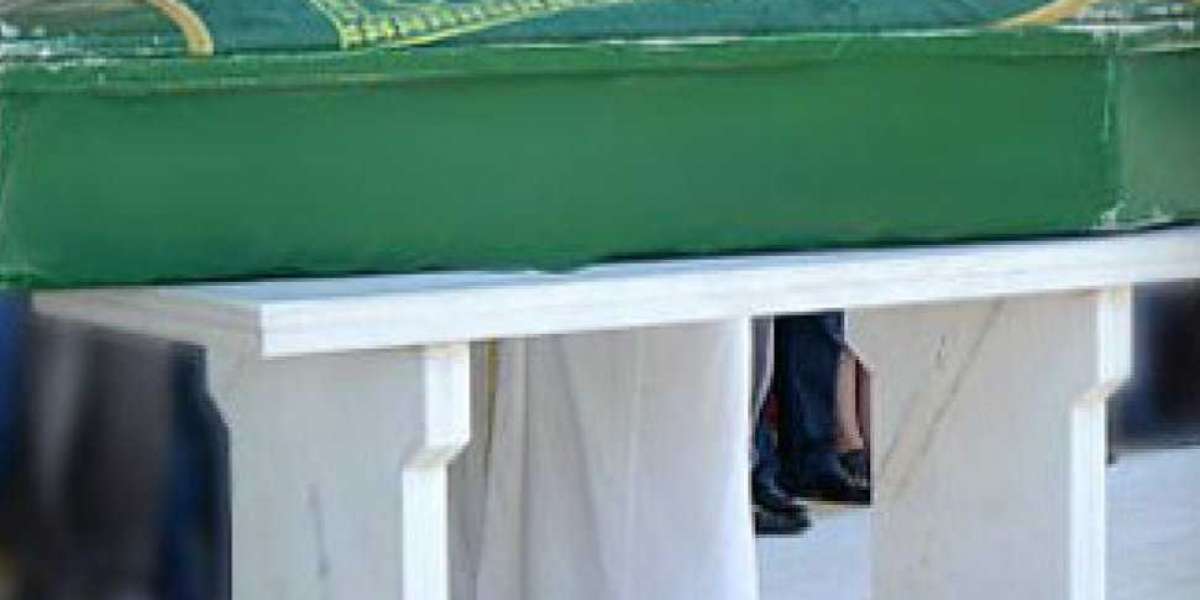Study mbbs in Iran well-established medical education system, reasonable tuition, and internationally recognized degrees have made it a popular choice for those wishing to pursue MBBS. The nation's medical schools are renowned for its cutting-edge medical facilities, knowledgeable faculty, and extensive curricula. Iran is a great option for students looking for a top-notch but reasonably priced medical education because Iranian MBBS degrees are recognized by the World Health Organization (WHO) and other international accrediting bodies.
Why Choose MBBS in Iran?
International Recognition: Iranian medical schools are accredited by the National Medical Commission (NMC) of India, UNESCO, and the World Health Organization (WHO), guaranteeing that degrees earned there are accepted across the world.
High-quality education: Iran is well known for its scientific and medical research and instruction. Students enrolled at Iranian medical schools receive a comprehensive, science-based education backed by hands-on training in state-of-the-art facilities.
Reasonably priced tuition: The cost of MBBS in Iran is far less than in many Western nations, which makes it a cost-effective option for students, especially those from Asia and Africa.
Rich Cultural Experience: Students can learn and develop in a special setting thanks to Iran's rich history and culture. Iranian hospitality is very well-known, and students frequently find the cultural experience to be hospitable and enlightening.
Postgraduate Opportunities: If they meet the conditions, Iranian students who get an MBBS degree are qualified to continue their education or take medical license tests in other nations.
An outline of Iran's MBBS program structure
Iran's MBBS curriculum normally lasts six years and is broken up into three stages:
Anatomy, physiology, biochemistry, microbiology, and pharmacology are among the fundamental medical disciplines covered in Phase 1: Basic disciplines (2 Years). Essential medical concepts and practical skills are taught to students.
Phase 2: Clinical Sciences (3 Years): Under the guidance of seasoned medical professionals, students receive hands-on instruction in clinical settings, including clinics and hospitals. Surgery, pediatrics, gynecology, psychiatry, and general medicine are among the topics that are highlighted in this phase.
Phase 3: One-Year Internship: To obtain practical experience, students must finish a required internship in their final year. They rotate among different hospital departments during this time, putting their theoretical knowledge to use in actual clinical settings.
The price of MBBS education in Iran
Iran's reasonable pricing structure is one of the main factors that make it a desirable choice for overseas students. Below is a summary of average expenses:
Tuition: Depending on the university, MBBS tuition in Iran might range from $4,000 to $7,000 per year. This is affordable for students on a tight budget because it is far less than tuition in Western nations.
Accommodation and Living Costs: Students in Iran pay between $150 and $250 per month on housing, food, and transportation, reflecting the country's moderate cost of living. Costs may be marginally lower for students who choose on-campus accommodation than for those who live off-campus.
Iran's Top Medical Universities
Internationally recognized MBBS programs are offered by a number of well-known Iranian medical universities. Among the best options are:
Among the top universities in Iran, Tehran University of Medical Sciences is renowned for its academic and scientific prowess and provides courses in both Farsi and English.
Shiraz University of Medical Sciences: With cutting-edge facilities and partnerships with numerous foreign universities, Shiraz University is renowned for its dedication to clinical training.
Isfahan University of Medical Sciences: This university offers students access to state-of-the-art labs and research facilities and is renowned for its creative approach and contemporary infrastructure.
Mashhad University of Medical Sciences: renowned for its rigorous academic standards, this university provides a number of international exchange programs.
Procedure for Iranian MBBS Admission
In Iran, the MBBS admissions procedure is really simple. Here is a broad overview:
Eligibility: Students must have finished secondary school with a science background, specifically in biology, chemistry, and physics, and meet the university's minimum score requirements.
Entrance Exam: If the program is taught in English, some universities may require students to take an entrance exam or an English proficiency test.
Application Submission: With the necessary paperwork, such as copies of their passports, transcripts, and medical certificates, prospective students must apply directly to the university.
Visa Application: Students can apply for a student visa at the Iranian embassy in their native country after obtaining the admission letter.
Final Enrollment: After arriving, students finish the university's registration procedure and reserve their housing.
Financial Aid and Scholarships
International students can apply for a variety of scholarships offered by Iranian universities. While some scholarships include living stipends, others just partially cover tuition costs. Students can ask the institution or their respective embassies about scholarship options. Scholarships are usually awarded based on financial need or academic ability.
Iranian International Students' Lives
Iranian medical students lead rewarding academic and cultural lives. With many colleges offering specialized support services including career counseling, language help, and orientation seminars, international students benefit from a welcoming environment. Students find the local culture to be kind and inclusive, and Iran is renowned for its hospitality.
Career Opportunities in Iran Following MBBS
Numerous employment options are available to Iranians and foreigners with an MBBS degree. Recent graduates can:
Pursue Postgraduate Studies: A lot of students decide to continue their education in specialties such as pediatrics, cardiology, or surgery.
Work in Hospitals: Graduates can apply for positions in hospitals around the world with a degree accepted by numerous international medical bodies, while some nations may require licensing tests.
Engage in Research: Iranian medical schools place a strong emphasis on research, and their graduates frequently go on to work in research, adding to the body of knowledge in medicine worldwide.
In conclusion
For students looking for a high-quality medical education, studying MBBS in Iran is an affordable and worthwhile choice. Iran is quickly rising to the top of the global MBBS aspirant rankings with to its cutting-edge medical curriculum, internationally recognized degrees, and encouraging study atmosphere.


